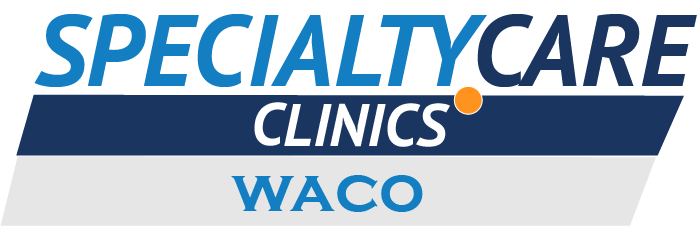Medical Weight Loss: A Comprehensive Guide to Dietitian Services
Weight management is a complex journey that often requires professional guidance. Medical weight loss programs, led by registered dietitians, offer comprehensive strategies and support to help individuals achieve and maintain a healthy weight. By working with a qualified dietitian, you can develop personalized plans, address underlying issues, and cultivate sustainable healthy habits.

The Role of Dietitians in Medical Weight Loss
Registered dietitians are healthcare professionals who specialize in nutrition and diet. They play a crucial role in medical weight loss programs by:
- Conducting Comprehensive Assessments: Evaluating individual needs, goals, and health history.
- Developing Personalized Nutrition Plans: Creating tailored meal plans based on specific dietary needs and preferences.
- Providing Education and Support: Offering guidance on healthy eating habits, portion control, and meal planning.
- Addressing Underlying Issues: Identifying and addressing any underlying health conditions that may contribute to weight gain.
- Monitoring Progress: Tracking progress, making adjustments to the plan as needed, and providing ongoing support.
Benefits of Medical Weight Loss with a Dietitian
Working with a dietitian as part of a medical weight loss program can offer several benefits:
- Sustainable Weight Loss: Developing healthy habits that lead to long-term weight management.
- Improved Health: Reducing the risk of chronic diseases, such as heart disease, diabetes, and stroke.
- Increased Energy: Feeling more energized and active.
- Improved Body Image: Boosting self-esteem and confidence.
- Enhanced Quality of Life: Enjoying a healthier and more fulfilling lifestyle.
Medical Weight Loss Strategies
Medical weight loss programs often incorporate a variety of strategies, including:
- Calorie Control: Creating a calorie deficit to promote weight loss.
- Nutrient-Dense Foods: Focusing on nutrient-rich foods that provide essential vitamins and minerals.
- Portion Control: Learning to recognize appropriate portion sizes.
- Meal Planning: Developing healthy meal plans that fit your lifestyle and preferences.
- Behavior Modification: Addressing emotional eating and other unhealthy behaviors.
- Physical Activity: Incorporating regular exercise into your routine.
Addressing Common Challenges in Weight Loss

Weight loss can be challenging, and individuals may face various obstacles. Dietitians can help address common challenges, such as:
- Plateaus: Breaking through weight loss plateaus with adjustments to the plan.
- Cravings and Temptations: Developing strategies to manage cravings and avoid unhealthy temptations.
- Emotional Eating: Addressing emotional factors that contribute to overeating.
- Social Challenges: Navigating social events and dining out while maintaining a healthy diet.
Finding a Qualified Dietitian
When seeking a dietitian for medical weight loss, consider the following factors:
- Credentials: Ensure the dietitian is registered with a professional organization.
- Specialization: Look for a dietitian who specializes in weight management or medical nutrition therapy.
- Experience: Consider the dietitian’s experience and success rate in helping clients achieve their weight loss goals.
- Compatibility: Choose a dietitian with whom you feel comfortable and supported.
The Role of Technology in Medical Weight Loss
Technology has played an increasingly important role in weight management:
- Mobile Apps: Tracking food intake, exercise, and progress.
- Online Resources: Accessing educational materials and supporting communities.
- Telehealth: Consulting with dietitians remotely.
A medical weight loss program guided by a registered dietitian can be a valuable tool for achieving and maintaining a healthy weight. By working with a qualified professional, you can develop personalized strategies, address challenges, and cultivate sustainable healthy habits.
